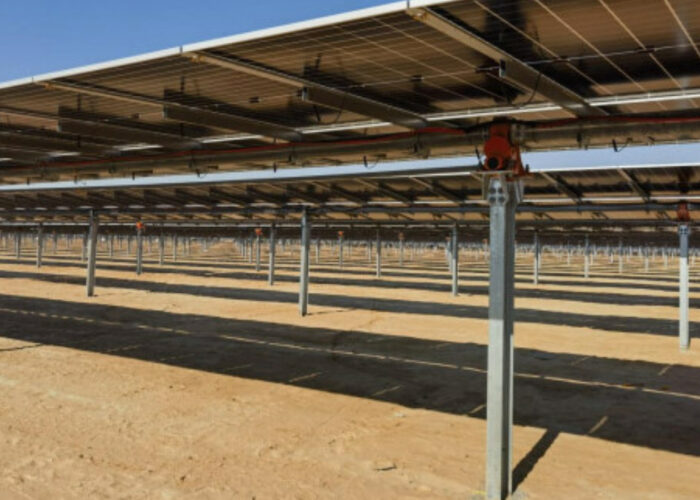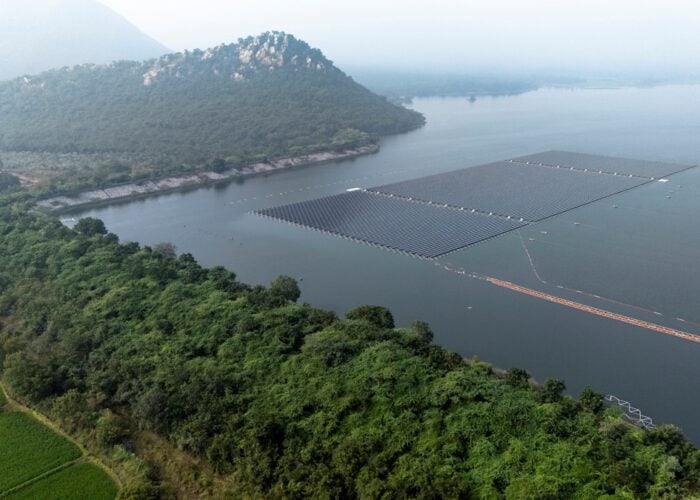Renewable energy feed-in tariffs in Africa could boost its economy whilst combating climate change, finds a new study developed for the World Future Council.
Kenya-based Renewable Energy Ventures, German Heinrich-Böll-Foundation and UK environmental association Friends of the Earth produced a joint report for the World Future Council, an independent climate security charity, examining the socio-economic impact on 13 African countries if the German FiT model was implemented.
Try Premium for just $1
- Full premium access for the first month at only $1
- Converts to an annual rate after 30 days unless cancelled
- Cancel anytime during the trial period
Premium Benefits
- Expert industry analysis and interviews
- Digital access to PV Tech Power journal
- Exclusive event discounts
Or get the full Premium subscription right away
Or continue reading this article for free
The report concluded renewable energy feed-in tariff policies (FiT) are a promising mechanism to unlock renewable energy development in Africa. REFiTs encourage investment in the generation of renewable energy – from individual home owners and communities as well as big companies – by guaranteeing to buy and pay for all the electricity that is produced from renewable sources at a fixed price.
Aimed at African policy makers, civil society and the private sector, the report provides an in-depth analysis of existing and drafted FiT policies in 13 African countries: Algeria, Botswana, Egypt, Ethiopia, Ghana, Kenya, Mauritius, Namibia, Nigeria, Rwanda, South Africa, Tanzania and Uganda.
FiT policies successfully increase the overall energy production of both on and off-grid regions, the report said. Moreover, the decentralised nature of FiTs provides the opportunity to empower communities and to revitalise local democracy and self-governance by allowing for alternative models of ownership and governance.
Ansgar Kiene, director of the WFC Africa Office, commented: “Several African countries have already opened up their electricity market to independent renewable energy power producers. However, these countries have even more potential for local economic development if their policies are amended, by including a more streamlined and transparent administrative process and a lower entry threshold.”
The report identifies a variety of national and international measures to shift financial resources towards renewable energy uptake. These include levies on fossil fuels and contributions from the United Nation’s Green Climate Fund.
FiTs have been successful at increasing the use of renewable technologies worldwide, the WFC said. As of 2012, 65 countries have implemented some form of a REFiT, driving 87% of global PV capacity. While the majority of these installations have occurred in industrialised countries, particularly Europe, the African continent still has significant untapped renewable energy potential.
Kulthoum Omari, sustainable development programme manager of the Heinrich Böll Foundation Southern Africa, stressed: “FiTs are most successful when they are an integral part of a country’s wider development strategy. Thus, high-level political support and strong buy-ins from civil society and the private sector are crucial factors for the successful development and implementation of a FiT.”
Other programmes such as the United Nations Environment Programme (UNEP) are also looking to improve Africa’s renewable energy development. In February, UNEP entered into a partnership with the Global Off-Grid Lighting Association and Germany's Federal Ministry for Economic Co-operation and Development to launch a new initiative which aims to help West African countries shift to energy-efficient, off-grid lighting.






